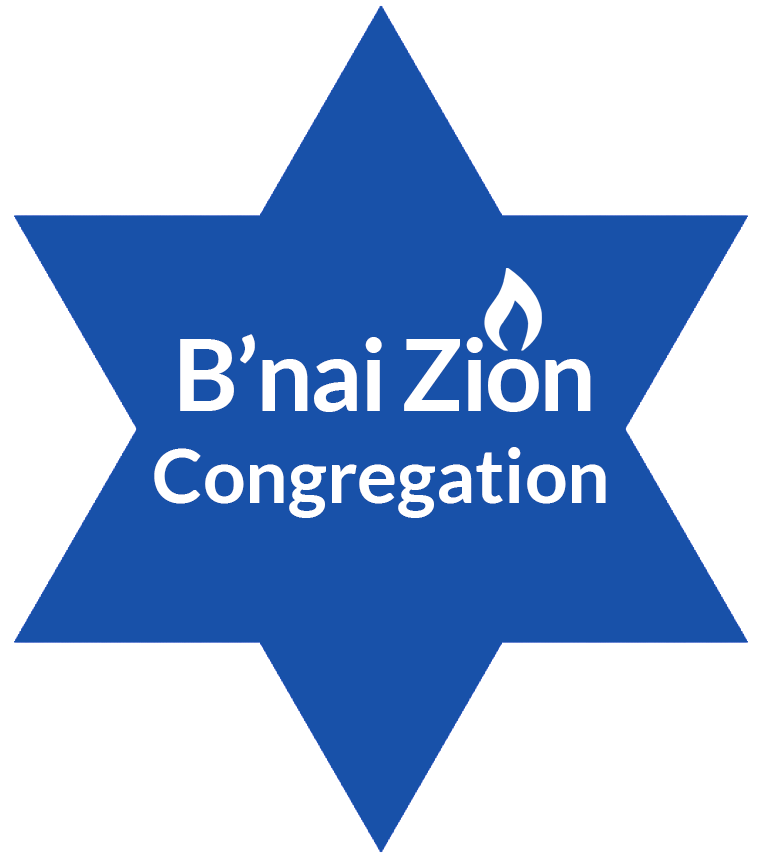ִּי֩ עֲנַ֨ן יְהֹוָ֤ה עַֽל־הַמִּשְׁכָּן֙ יוֹמָ֔ם וְאֵ֕שׁ תִּהְיֶ֥ה לַ֖יְלָה בּ֑וֹ לְעֵינֵ֥י כׇל־בֵּֽית־יִשְׂרָאֵ֖ל בְּכׇל־מַסְעֵיהֶֽם׃
For over the Tabernacle the cloud of God rested by day, and fire would appear in it by night, in the view of all the house of Israel throughout their journeys.
And so ends the book of Exodus. Recapping this second book of the Torah: We began when the Israelites were slaves. We read about their miraculous redemption from slavery to freedom, and spent the second half of the book of Exodus building the Tabernacle. All of this led to this moment where God’s presence was tangibly felt in a pillar of cloud and fire at the center of their camp.
We should note that the book begins and ends with the Israelites building. In the beginning, they are building cities for Pharaoh. The primary goal of that building is for the physical sustenance of Pharaoh, and the Egyptians. The Israelites will not benefit from the labor of their own hands. At the end of the book they are building too, and it couldn’t be more different. They are building for themselves, and they are building for the express purpose of expanding their spiritual experience in the wilderness.
As free people we forget that it is a remarkable blessing to benefit from the work of our own hands. Frederick Douglas, after escaping from slavery in 1838, recounts the emotional moment where he was paid for the labor of his hands, and had no master to whom he was required to give the money. Can you imagine what it must have felt like to work for the first time and directly benefit from the labor? The work that we are blessed to do, the freedom we enjoy, the future we are able to plan for, what is it all for? Because we can we ought to reach higher, working not just for the sake our body but for the expansion of our soul.
